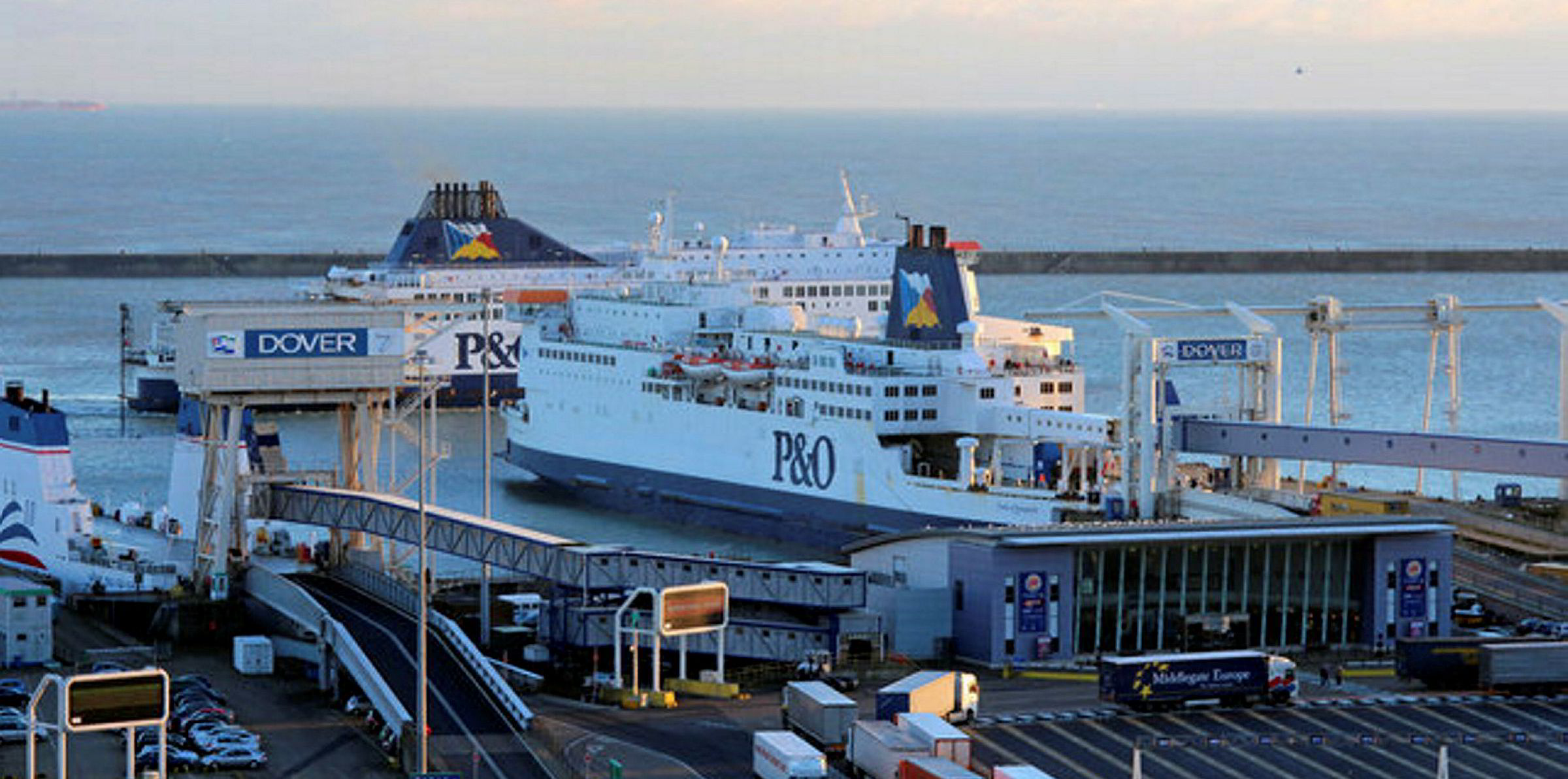A move to overturn UK government policy excluding seafarers working in UK waters from the national minimum wage has been put forward in parliament.
If adopted, the amendment to the existing National Minimum Wage (Offshore Employment) Order would prevent shipping operators from exploiting the disparity in wages between countries to use cheap labour in UK waters.
Nautilus International, the maritime professionals’ union, said that if the draft Affirmative Order, which is subject to Privy Council clearance, is accepted, it will have succeeded in achieving one of its most important aims — to apply the National Minimum Wage to all vessels engaged in UK waters.
The UK minimum wage is currently £8.72 per hour for anyone over the age of 25, falling to £6.45 for 18 to 20-year-olds and £4.15 for apprentices. The rate for the oldest group was rebranded as the National Living Wage in 2016.
Affirmative orders to the Privy Council are statutory instruments that are usually passed into law by ministers if they are not opposed. The amendment is due to come into force on 1 October, according to government documents, but could take longer if there is opposition.
Nautilus general secretary Mark Dickinson said the move was a triumph for Nautilus’ lobbying of government.
“It puts a floor in the wages of all seafarers in UK waters, including on port voyages on the UK continental shelf, and will help protect UK seafarer jobs,” he said.
But the move will be opposed by many shipping operators in the UK sector who are currently being hard hit by the coronavirus pandemic, with many ferry operators laying off staff at the moment.
It is unclear if opposition to the amendment will be brought by the industry.
Nautilus has called for minimum-wage conditions to apply to seafarers in UK waters for almost 20 years to stop what it says is the exploitation of foreign seafarers.
The union launched a 10-point Charter for Jobs in 2016 as a post-Brexit UK strategy for the shipping industry, and in 2017 a working group was set up to negotiate with the government.
Dickinson said the provision of a level wage floor will “maximise the employment of British seafarers in the UK”, in coastal shipping, passenger and freight ferry services and the offshore windfarm and oil and gas industries.






